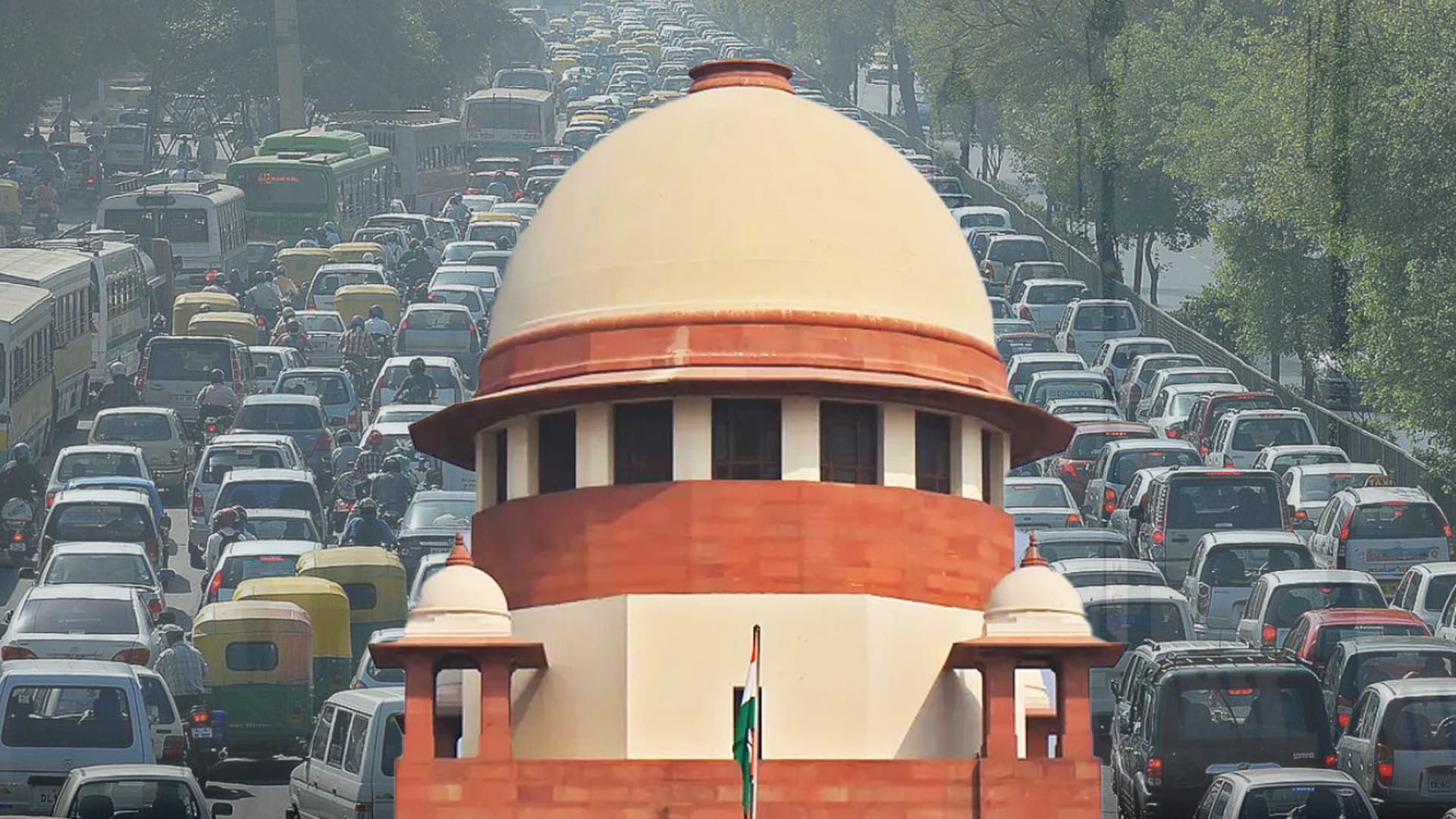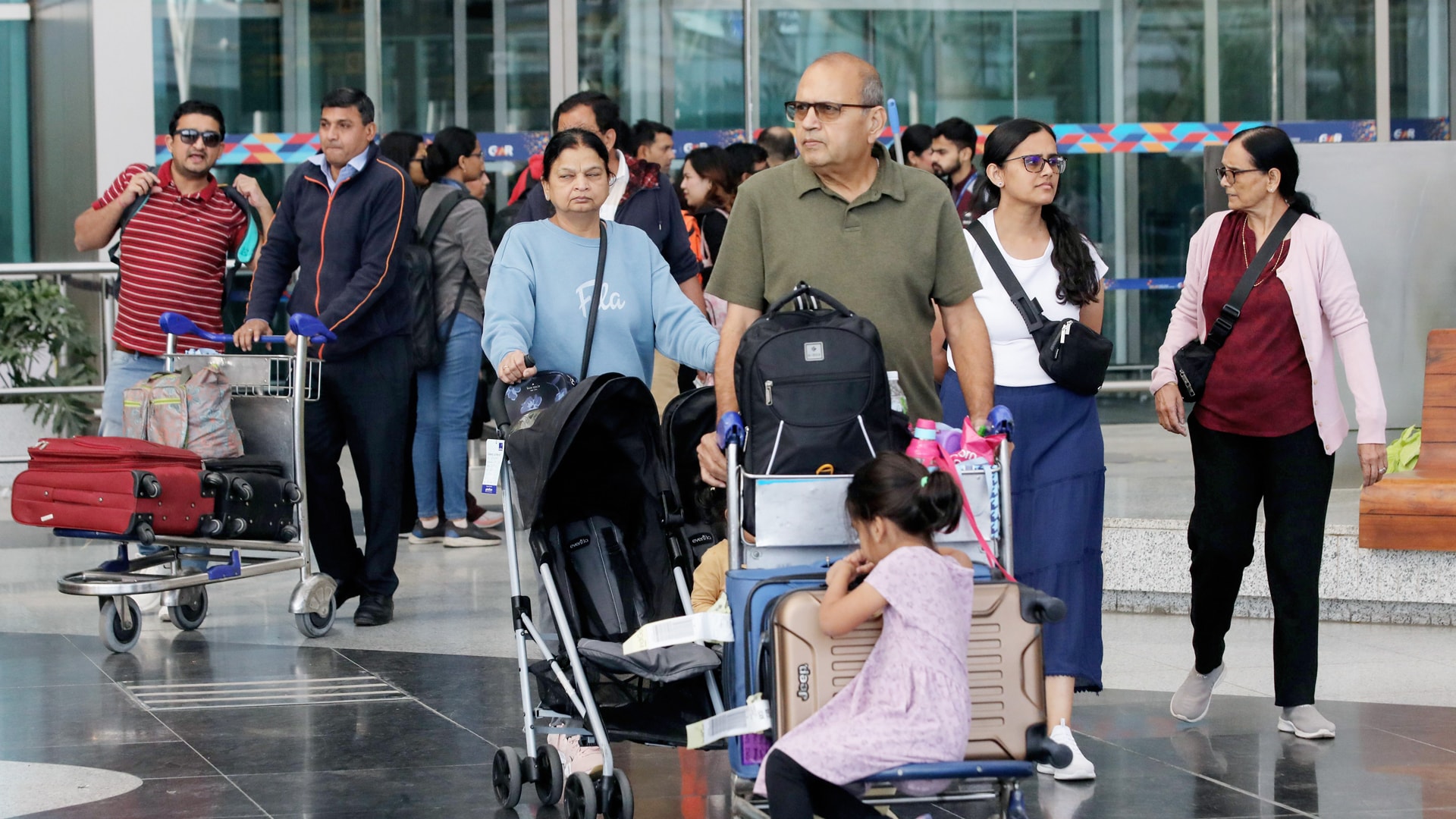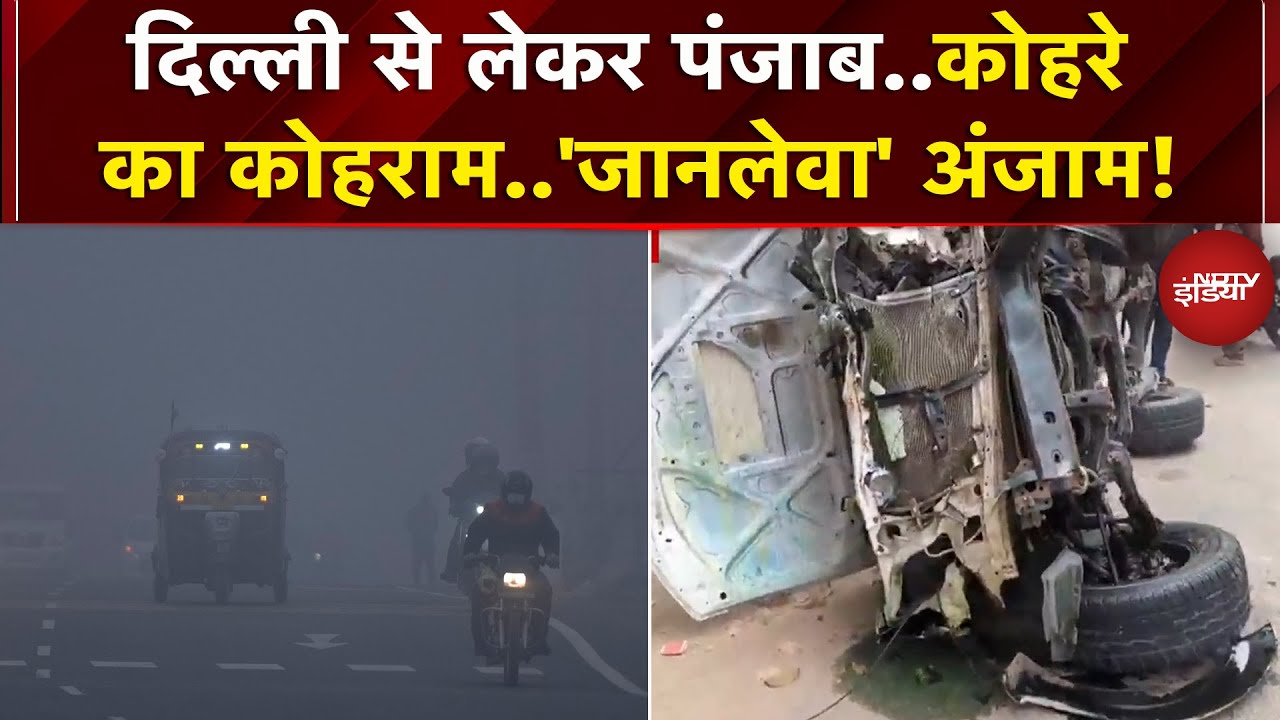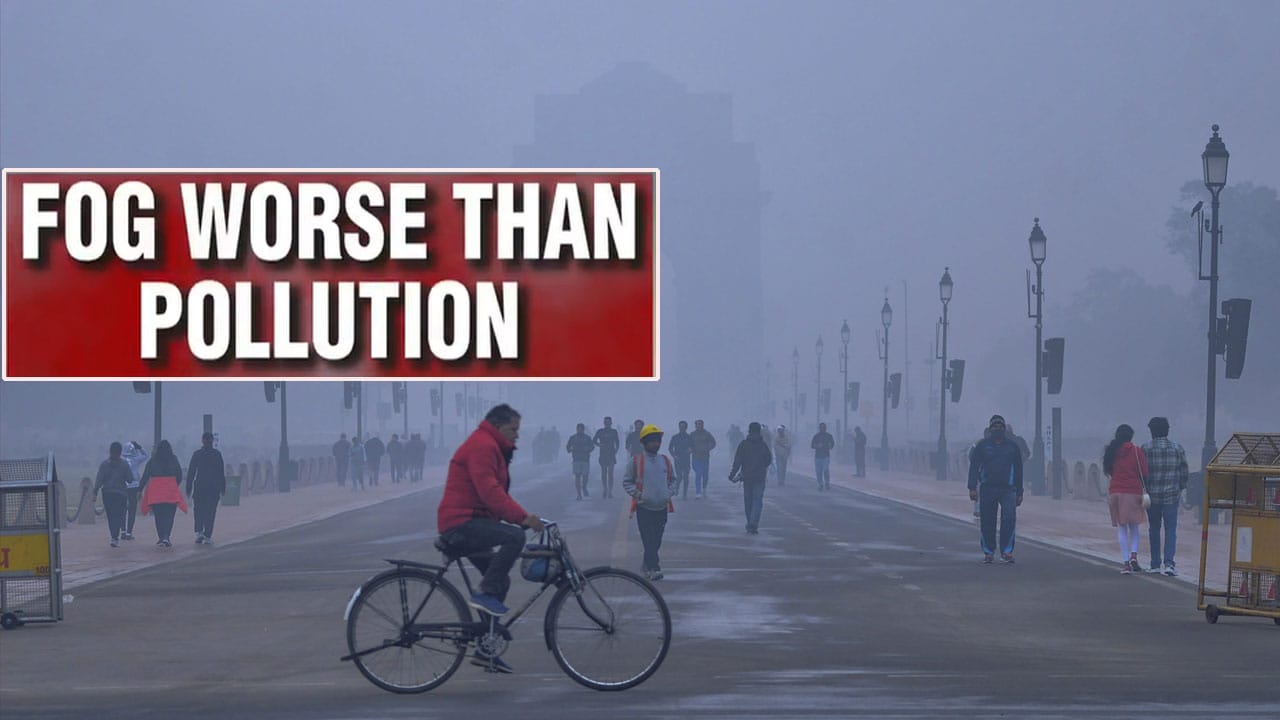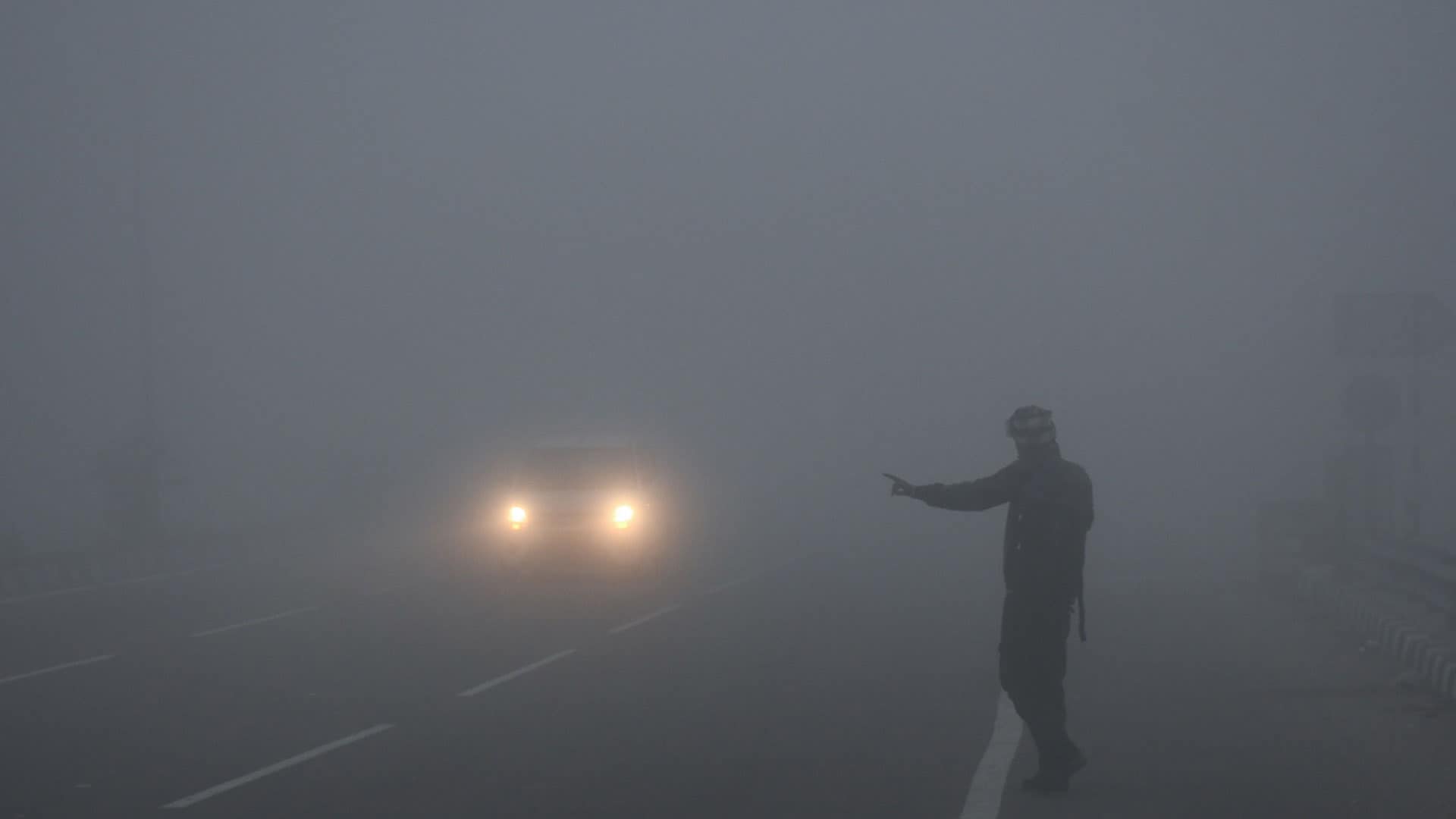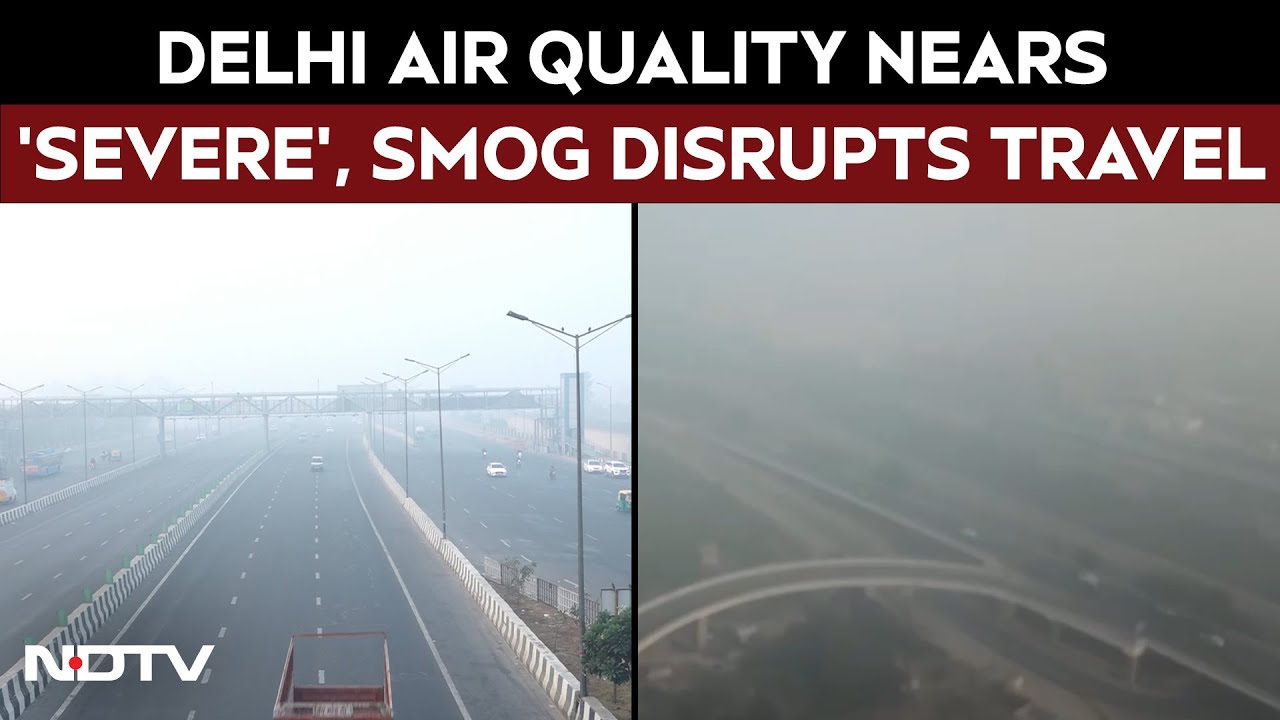- Home/
- Pollution Killed 9 Million People Globally In 2019: Report
Pollution Killed 9 Million People Globally In 2019: Report

Pollution caused some 9 million people to die prematurely in 2019, according to a new global report published Wednesday, with experts raising alarm over increasing deaths from breathing outside air and the "horrifying" toll of lead poisoning.
Human-created waste in the air, water and soil rarely kills people immediately, but causes instead heart disease, cancer, respiratory problems, diarrhoea and other serious illnesses.
The Lancet Commission on pollution and health said the impact from pollution on global health remains "much greater than that of war, terrorism, malaria, HIV, tuberculosis, drugs and alcohol".
Pollution is an "existential threat to human health and planetary health, and jeopardises the sustainability of modern societies," it added.
In general, the review found, air pollution -- accounting for a total of 6.7 million deaths globally in 2019 -- was "entwined" with climate change because the main source of both problems is burning fossil fuels and biofuels.
"If we can't manage to grow in a clean and green way, we're doing something terribly wrong," said the report's lead author Richard Fuller, of the Global Alliance on Health and Pollution, adding that chemical pollution also harms biodiversity -- another major global threat.
"These things are terribly connected and strategies to deal with one have ripple effects all the way through," he said.
Overall, one in six premature deaths globally -- or nine million -- were caused by pollution, a figure unchanged since the last assessment in 2015.
Researchers noted a reduction in mortality linked to indoor air pollution, unsafe drinking water and inadequate sanitation, with major improvements seen in Africa.
But early deaths associated with industrialisation -- outdoor air and chemical pollution -- are on the rise, particularly in southern and eastern Asia.
Ambient air pollution caused some 4.5 million deaths in 2019, according to the study, published in Lancet Planetary Health, compared with 4.2 million in 2015 and just 2.9 million in 2000.
Chemical pollution is also increasing, with lead poisoning alone causing 900,000 deaths. Even that, the report warned, is likely a "substantial undercount" in light of new research suggesting there is no safe level of exposure.
- Harmful to children -
Algeria banned lead in petrol in 2021, the last country to do so.
But people continue to be exposed to the toxic substance, largely due to unregulated recycling of lead-acid batteries and e-waste. Contaminated culinary spices are also a culprit.
"The fact that lead is getting worse, mostly in poorer countries, and ramping up in terms of the number of deaths, is horrifying," said Fuller.
Heart disease is the cause of almost all early deaths from exposure to lead, which hardens arteries, said Fuller.
But elevated lead levels in blood -- estimated to affect hundreds of millions of children -- also harm brain development and are linked to serious losses of cognitive function.
The report said lead is also linked to a spike in behavioural disorders and diminished economic productivity, with global economic losses estimated at almost $1 trillion annually.
In Africa, economic losses from lead-related IQ loss are equivalent to about four percent of gross domestic product, while in Asia it amounts to two percent.
- Silent killer -
Overall, excess deaths due to pollution have led to economic losses totalling $4.6 trillion in 2019, or around six percent of global economic output, researchers said.
Low- and middle-income countries are by far the most affected, with more than 90 percent of deaths in these regions.
There is also increasing evidence of pollution crossing national boundaries in wind, water and the food chain.
Wealthier nations that have reduced domestic outdoor air pollution effectively "displace" it overseas to countries with higher levels of manufacturing, the report said.
Prevailing global winds transport air pollution from east Asia to North America, from North America to Europe, and from Europe to the Arctic and central Asia.
Meanwhile, cereals, seafood, chocolate and vegetables produced for export in developing countries can be contaminated as a result of soil and water polluted with lead, arsenic, cadmium, mercury and pesticides.
This "increasingly threatens global food safety", the report said, adding that "toxic metals found in infant formula and baby foods are of particular concern."
Fuller said the threat of pollution -- particularly air and lead pollution -- is underappreciated, with more attention focused on the health implications of microplastics.
"We can show a million people dying from lead pollution right now -- more than die from malaria, more than die from HIV -- and that's not even discussed," he said.
(Except for the headline, this story has not been edited by NDTV staff and is published from a syndicated feed.)
also read
44% Indian Cities Face Chronic Air Pollution, Only 4% Under National Clean Air Programme
Press Trust of IndiaDelhi's Toxic Winter Air May Carry Drug-Resistant Superbugs, Study Warns
Written by Shreya GoswamiCentral Pollution Body Pulled Up By Supreme Court Over Tardiness, Adjournment
Reported by Nupur Dogra
Latest Stories
- Press Trust of India | Friday January 09, 2026 , New Delhi
The PM2.5 assessment for 2025 ranks Byrnihat (Assam), Delhi, and Ghaziabad (Uttar Pradesh) as India's top three most polluted cities with annual concentrations of 100 g/m, 96 g/m, and 93 g/m, respectively.
- Written by Shreya Goswami | Wednesday January 07, 2026
A study by Jawaharlal Nehru University finds that Delhi's polluted winter air carries high levels of antibiotic-resistant bacteria or superbugs far above safe limits, posing public health risks, especially for vulnerable groups and those with chronic
- Reported by Nupur Dogra | Tuesday January 06, 2026 , New Delhi
The Commission for Air Quality Management or CAQM, was strongly reprimanded by the Supreme Court today, which said the pollution body was not taking the issues raised by the court seriously.
- Written by Shreya Goswami | Tuesday January 06, 2026
Bronchial asthma often worsens in winter due to cold air, pollution and infections.
- Asian News International | Sunday January 04, 2026 , New Delhi
Delhi's air quality continued to remain in the 'poor' category on Sunday, with the national capital recording an overall Air Quality Index of 248, according to data from the CPCB.
................................ Advertisement ................................
Latest Videos
Opinion
Blog | Well Done, Delhi. You've Turned Lung Sacrifice Into A Badge Of HonourSaikat Kumar Bose
Monday November 10, 2025Till some years back, Delhiites would ask angry questions to those in power about the capitals annual tryst with toxic air. This has changed. Those in the driving seat dont see the need to answer now.
Opinion | Why Indians Have Just Given Up On Air Pollution CrisisTanushree Ganguly
Friday December 20, 2024While some may argue that people in Delhi are now more aware of air pollution than they were a decade back, my rebuttal would be that awareness does not mean that people are concerned.
Opinion | You Must Outrage Over Filthy Air More Than Once A YearJyoti Pande Lavakare
Tuesday December 10, 2024Delhi welcomed us with monsoon rains and mangos. We were home. Fast forward a couple of years, in the winter of 2012, I found myself in denial about something other parents, mostly expats, were calling toxic air.
Opinion | Delhi's Air Pollution Situation Is Like A Bad MarriageNishtha Gautam
Friday November 22, 2024On a good day, such as today, the AQI reading in Delhi is 407. We are jubilant at the sickly sunshine trickling through the slightly dissipated smog. At least its not 1600.
दिवाली... पराली... सियासी जुगाली!Ashwini kumar
Monday November 18, 2024दिल्ली-एनसीआर में प्रदूषण का समाधान तो आज तक मिला नहीं. हर साल चिंतित होकर हम-आप सांसों की तकलीफ के साथ-साथ दिल और ब्लड प्रेशर के मरीज भी क्यों बनें?








